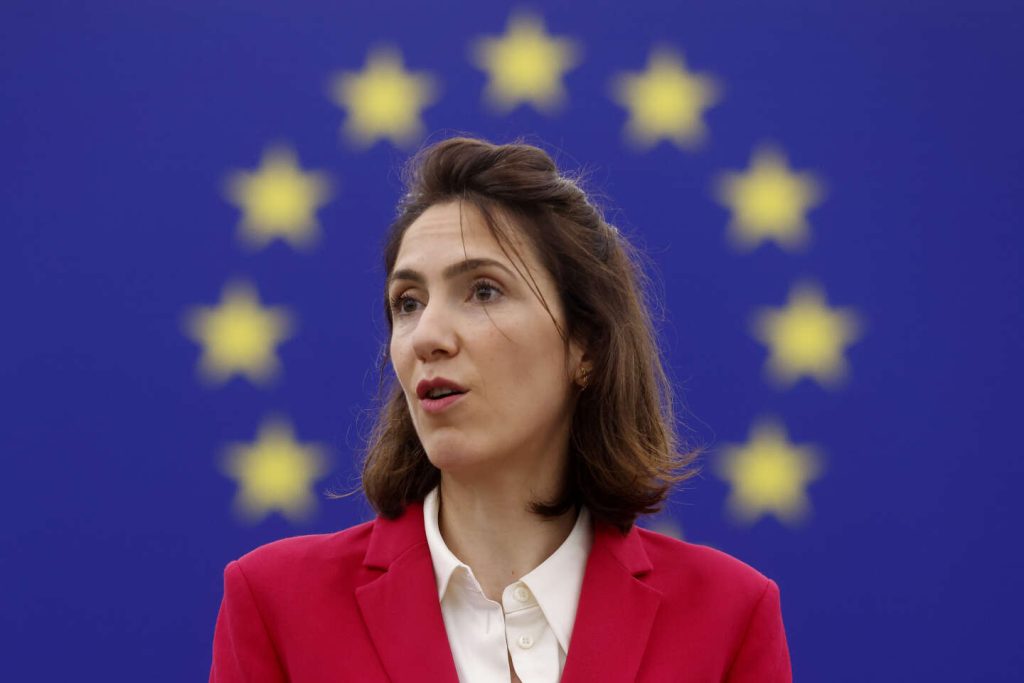Valérie Hayer, the lead candidate for the Renaissance party in the European elections, stated that the CETA free trade agreement between the EU and Canada could continue to function even if it is rejected by the French National Assembly. The agreement has been in provisional application since 2017. Hayer believes that the agreement is beneficial for French farmers and that it will ultimately be the decision of the government to determine the next steps if the Assembly rejects it. The treaty could technically still be applied until the government notifies Brussels that it cannot ratify it.
A coalition of senators from both the right and left, led by communist representatives, successfully brought the ratification of the CETA agreement to a vote in the Senate last week. This was a surprising political move, as the government had not previously scheduled it for debate in the upper chamber. The Communist deputies have announced their intention to bring the issue to the National Assembly on May 30th, just ten days before the European elections. However, the government seems to be delaying the process and may not present the text to the Assembly right away. Hayer criticized the move as demagogic and warned of the negative impact a rejection of the agreement would have on French farmers and the country’s European partners.
Hayer emphasized that there are both good and bad trade agreements, and that the CETA agreement falls into the former category. She compared it favorably to the Mercosur agreement with South America, which she considers to be a bad deal. Hayer stressed the importance of supporting agreements that benefit French industries and reiterated her belief that the CETA agreement is positive for various sectors. The debate surrounding the CETA agreement reflects broader discussions within the EU about the merits of free trade agreements and their impact on different industries and regions.
Despite the opposition to the CETA agreement from some political factions in France, Hayer and the Macronist party are pushing for its ratification and continued implementation. The prospect of the agreement being approved by the National Assembly remains uncertain, as various parties are divided on the issue. Observers note that the timing of the debate and potential vote on the CETA agreement, just before the European elections, adds an extra layer of political complexity to the situation. The outcome of the decision will have implications for not only French farmers, but also for the broader European economic and political landscape.
In the context of ongoing debates about free trade agreements, the CETA agreement represents a significant point of contention in France and beyond. The differing views on the agreement highlight the complex interests and priorities at play in the European political landscape. The discussion around CETA also demonstrates the challenges of navigating international trade agreements within the framework of national politics and interests. Moving forward, the decision on the fate of the CETA agreement will shape the trajectory of trade relations between the EU and Canada and may have broader implications for future trade agreements and partnerships in the region.














